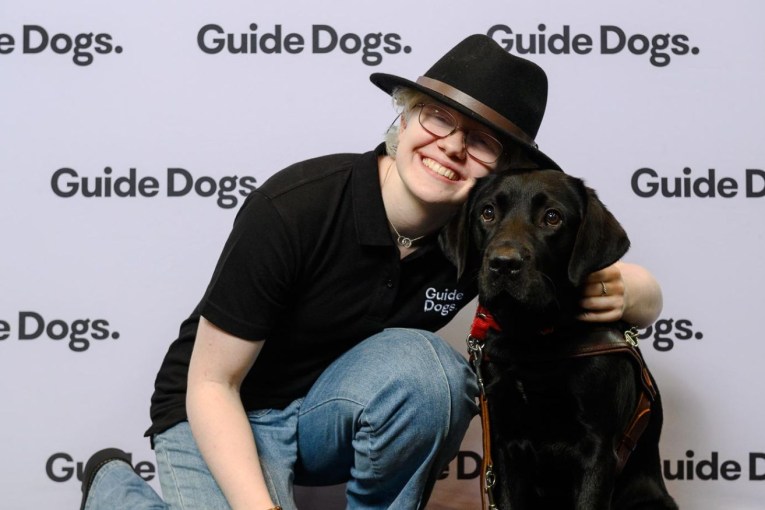National database to keep pets ‘under surveillance’

ABC
A new program that will for the first time record disease and disorders in Australian pets is set to transform veterinary education and help owners better understand their pets.
VetCompass Australia, a not-for-profit research project, is being launched by the University of Sydney in collaboration with the Royal Veterinary College in the United Kingdom.
The current absence of a national database to track companion animals such as dogs, cats and horses has meant Australia is severely unprepared for an outbreak of pet diseases, according to vet doctors.
• Prince addicted to prescription drugs: reports
• Crocodile drags teen out of tent by his foot
• Astronaut runs first outer space marathon
There is also a lack of information about which conditions affect certain breeds and quantitative data for behavioural incidents such as dogs attacking other dogs.
“The reason we need something like VetCompass in Australia is because we have to get a grip on what animals are presenting in clinic with and what treatments actually work,” Professor Paul McGreevy, project leader and clinical vet, said.
“Unfortunately companion animal science – the study of cats and dogs – is very poorly funded so this is the very best way to get some serious research done.”

Professor Paul McGreevy says a national database would have helped a better handling of an outbreak like Hendra virus. Photo: ABC
Once the database is set up in a clinic, vets upload information including age, breed, sex, the disease or disorder being presented, the animal’s diagnosis and treatment.
Professor McGreevy said it would allow researchers to keep the population of companion pets “under surveillance” and monitor important aspects of veterinary medicine, particularly in the event of a potential outbreak of disease.
“In the awful event of rabies coming into this country, a surveillance system like this could actually act as a sentinel,” he said.
“If we program the software the right way, clusters of animals with neurological signs could set off alarm bells.”
VetCompass was set up in the UK in 2009 and last year had on record four million animals.
In one of its first reports, researchers identified the age of which various dog breeds died.
They found that some larger dog breeds, such as Great Danes, often lived for less than six years compared to smaller dogs.

VetCompass will also allow researchers to track the side effects of vaccinations.
Michael Hayward, director of Gungahlin Veterinary Hospital in Canberra which has signed up to VetCompass, said reports like this would better inform pet owners.
He also noted researchers would be able to compare the incidence of various diseases in Australia compared to those in the UK and United States.
“We have a suspicion we see diseases more frequently like orthopaedic diseases and other metabolic diseases … because we have a different genetic pool of animals here,” Mr Hayward said.
“Vets will be able to give better advice to clients and prospective animal owners about what conditions their chosen animal might be at risk for, what conditions to use when choosing a particular pet or show animal.
“As we learn which treatments are more successful, then we can employ more effective treatment strategies.”
The database is funded by the seven veterinary schools in Australia, which will allow them to apply for further federal funding from the Australian Research Council, Professor McGreevy said.
So far more than 270 vet clinics have signed up to the program.
The official launch date of VetCompass Australia has not been set.
-ABC








